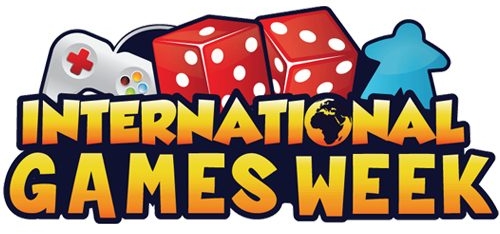Waypoint (the video game arm of Vice) has announced plans to publish “At Play In the Carceral State,” a series of articles this week about the intersection of gaming and prisons. It’s not a corner of the games culture that you hear much about, and part of their focus will be devoted to the way prison libraries play a role in giving inmates access to games during their incarceration.
Waypoint’s Editor-In-Chief, Austin Walker, laid out their mission for the series in a letter to the site’s readers:
When I’ve explained this series to people, one of the most common responses has been a sort of awkward bewilderment. Games and… prisons? Play and the… ‘carceral state’?
On first blush, they’re an odd pairing, but a closer look reveals that games are a natural locus for this contention. They are concerned with boundaries, limitations, and rules—the hand of cards you’re dealt; the empty energy meter that prevents you from using your powers; the invisible walls and infinite, uncrossable seas which border otherwise vast open worlds. Yet they also enable players to experiment, explore, and defy expectations as they respond to those limits. And it’s that tension where games are at their most powerful—perhaps even their most utopian.
The first article from “At Play In the Carceral State” is Inside the Gaming Library at Gitmo, America’s Controversial Military Prison, a look inside the Detainee Library at Guantanamo Bay by Muira McCammon:
Over the past 15 years, many detainees have requested and read books from the Detainee Library. Journalists have actively documented what titles appear on the shelves, and in recent years, the inventory has grown to include not only DVDs, but also PS3 games.
But the library remains a labyrinth, a facility full of thorny questions. This summer, Waypoint sent me to the Detainee Library, to figure out what happened to the games at Gitmo.
New articles will be added to the series all week.
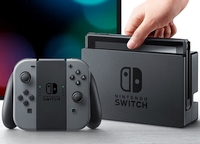 Even though it’s been available for less than a year, the Nintendo Switch already has a huge catalog of exciting multiplayer titles. If you’re looking to add a Switch to your library programming schedule, the ALA’s Games In Libraries blog has created a list of the best multiplayer experiences on the console:
Even though it’s been available for less than a year, the Nintendo Switch already has a huge catalog of exciting multiplayer titles. If you’re looking to add a Switch to your library programming schedule, the ALA’s Games In Libraries blog has created a list of the best multiplayer experiences on the console:
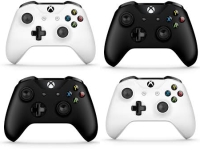 There’s nothing quite like cramming four people around a video game screen and expecting them all to cooperate. And wouldn’t you know, the people at Inverse Genius’s
There’s nothing quite like cramming four people around a video game screen and expecting them all to cooperate. And wouldn’t you know, the people at Inverse Genius’s 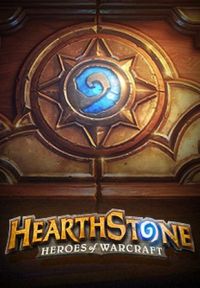 Hearthstone: Heroes of Warcraft continues to be a popular choice in the competitive gaming scene, and Stephanie Frey from Inverse Genius’s
Hearthstone: Heroes of Warcraft continues to be a popular choice in the competitive gaming scene, and Stephanie Frey from Inverse Genius’s 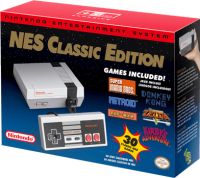 “Retro Gaming” is big business in 2017, fueling everything from the indie development boom to Nintendo’s popular line of Classic Edition microconsoles. Many libraries have begun to tap into this fandom, and some are even offering game programming centered around retro games.
“Retro Gaming” is big business in 2017, fueling everything from the indie development boom to Nintendo’s popular line of Classic Edition microconsoles. Many libraries have begun to tap into this fandom, and some are even offering game programming centered around retro games.